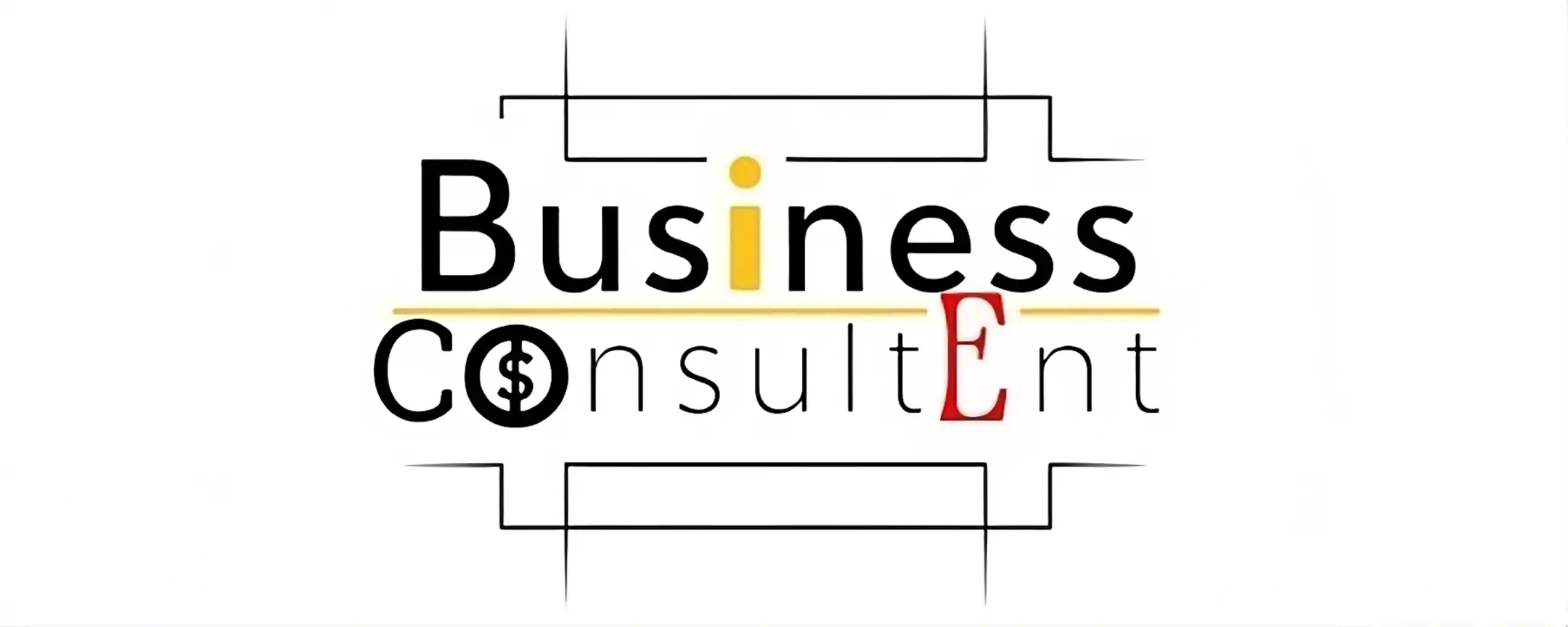
Introduction
When starting a business, one of the most crucial decisions you’ll make is choosing the right business structure. Your choice will impact various aspects, including personal liability, taxation, financing options, and administrative requirements. It’s essential to carefully evaluate your goals, risks, and long-term plans to select the most suitable structure for your venture.
Types of Business Structures
Sole Proprietorship
A sole proprietorship is the simplest and most common structure for small businesses. In this structure, the business and the owner are considered one legal entity, and there is no distinction between personal and business assets or liabilities.
Pros:
– Easy and inexpensive to set up
– Complete control and decision-making authority
– All profits are yours
– Minimal paperwork and compliance requirements
Cons:
– Unlimited personal liability for business debts and obligations
– Challenging to raise capital or secure financing
– Limited growth potential and longevity
Partnership
A partnership involves two or more individuals or entities sharing ownership, profits, and liabilities of the business. There are different types of partnerships, including general partnerships, limited partnerships (LPs), and limited liability partnerships (LLPs).
Pros:
– Relatively easy to set up
– Shared responsibilities and decision-making
– Pass-through taxation (profits and losses are reported on personal tax returns)
Cons:
– Unlimited personal liability for general partners
– Potential for conflicts and disagreements among partners
– Limited financing options and growth potential
Limited Liability Company (LLC)
An LLC is a hybrid structure that combines the liability protection of a corporation with the tax advantages of a partnership or sole proprietorship. Members of an LLC are not personally liable for the company’s debts and obligations.
Pros:
– Limited personal liability
– Pass-through taxation (profits and losses are reported on personal tax returns)
– Flexibility in management and ownership structure
Cons:
– Potentially higher administrative and compliance costs
– Limited life span in some states (may need to be dissolved and reformed)
– Self-employment taxes for members

Corporation
A corporation is a separate legal entity from its owners (shareholders). There are two main types: C corporations (C-corps) and S corporations (S-corps).
C-Corporation (C-Corp)
Pros:
– Limited personal liability for shareholders
– Unlimited growth potential and ability to raise capital
– Potential tax advantages for reinvesting profits
Cons:
– Double taxation (corporate income and shareholder dividends are taxed)
– Extensive reporting and compliance requirements
– Potentially higher administrative costs
S-Corporation (S-Corp)
Pros:
– Limited personal liability for shareholders
– Pass-through taxation (profits and losses are reported on personal tax returns)
– Potential tax advantages for certain businesses
Cons:
– Restrictions on ownership structure and number of shareholders
– Potential for higher self-employment taxes
– Strict eligibility requirements
Factors to Consider When Choosing a Business Structure
Personal Liability
Sole proprietorships and general partnerships offer no personal liability protection, meaning your personal assets could be at risk if the business faces legal or financial challenges. LLCs, LPs (for limited partners), and corporations provide limited liability, shielding your personal assets from business liabilities.
Taxation
Some business structures, like sole proprietorships, partnerships, and S-corps, are pass-through entities, where profits and losses are reported on the owners’ personal tax returns. C-corps, on the other hand, are subject to double taxation (corporate income tax and shareholder dividend tax).
Financing and Growth Potential
Sole proprietorships and partnerships may find it challenging to raise capital or secure financing, while corporations have the ability to issue stock and attract investors, which can fuel growth and expansion.
Administrative Complexity
Sole proprietorships and partnerships generally have fewer administrative and compliance requirements, while corporations and LLCs may require more paperwork, record-keeping, and reporting.
Long-term Goals
Consider your long-term plans for the business. If you anticipate rapid growth, seeking investors, or eventually going public, a corporate structure may be more suitable. If you plan to keep the business small and lifestyle-oriented, a sole proprietorship or partnership could be a better fit.

Choosing the Right Structure: Key Considerations
When deciding on the best business structure for your venture, consider the following factors:
1. Personal Liability Protection
Determine the level of personal liability protection you require based on the nature of your business and potential risks. Structures like LLCs and corporations can shield your personal assets from business liabilities.
2. Taxation Implications
Evaluate the tax implications of each structure. Pass-through entities like sole proprietorships, partnerships, and S-corps may offer tax advantages, while C-corps are subject to double taxation.
3. Financing Needs
Assess your financing needs and growth plans. Corporations have more options for raising capital, while sole proprietorships and partnerships may face challenges in securing financing.
4. Administrative Complexity
Consider the administrative and compliance requirements of each structure. Sole proprietorships and partnerships generally have lower overhead, while corporations and LLCs may require more paperwork and reporting.
5. Long-term Goals
Align your business structure with your long-term goals. If you plan to keep the business small, a sole proprietorship or partnership may suffice. If you envision rapid growth, seeking investors, or eventually going public, a corporate structure may be more suitable.
Final Thought
Choosing the right business structure is a critical decision that can significantly impact your business’s success, growth potential, and personal liability. Take the time to carefully evaluate your goals, risks, and long-term plans, and seek professional advice from attorneys, accountants, or business advisors if needed. With the right structure in place, you’ll be better positioned to navigate the challenges and opportunities that come your way as an entrepreneur.
Related Content
What must an entrepreneur assume when starting a business?
Things Entrepreneurs Need to Know
What is an Entrepreneurial Process
An Entrepreneur would most likely be interested in
Resource
https://ivypanda.com/essays/strategy-and-structure-thesis
https://en.wikipedia.org/wiki/Corporate_structure
https://en.wikipedia.org/wiki/Business_model




